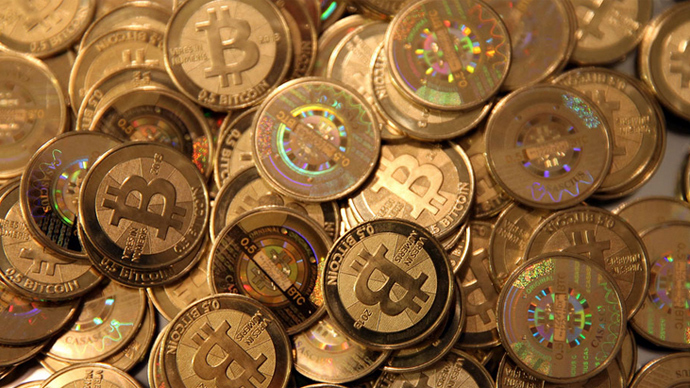
First, a little history: The “Silk Road” is an online, openly accessible black market which was launched in February of 2011. The site, which is only accessible via ‘dark net’ browsers, is well known for its role in globally selling and distributing drugs illegally. Users can easily access and browse the site (pretty much) anonymously, making it extremely difficult for any sort of government agency to find out who they are. The Silk Road has had many downfalls (as well as uproars) in the past, a couple of which lead to the loss of their site in October of 2013. However, Silk Road v2.0 wasn’t far away, the new site was back up within a month or two and was stocked more than ever. On November 6th, last year Silk Road v2.0 was also taken down, making way for the Silk Road v3.0, which is believed to be fully operational to this day.
The (alleged) owner/founder of the Silk Road, Ross Ulbricht, used to hide himself behind the fake identity, “Dread Pirate Roberts.” Ulbricht was ultimately given a sentence of ‘life in prison’ by a federal jury in Manhattan, being found guilty of the charges of “online distribution of drugs” along with several other, severe charges.
And now, to our story…
33-year-old former special agent, Shaun Bridges, was part of the inter-agency Baltimore team that was ‘supposed’ to be investigating the well-renowned online (black)market known as the “Silk Road.”
Shaun Bridges admitted, according to the US Department of Justice, that during his time as an essential role in this criminal investigation he was given access to an administrator account to the Silk Road. Bridges later changed the password to the account and extracted around 20,000 Bitcoins from hundreds of different wallets owned by users of the service, dumping them into his own account. Bridges later sold off all of his stolen Bitcoins between March, 2013 and May, 2013 on the Mt. Gox exchange, receiving an ultimate figure of $820,000… cash!
The investigation of the Silk Road was carried out by a federal task force, based in Baltimore. The team consisted of numerous agents, as well as Bridges, and another guilty agent, Carl Mark Force, who was a former US Drug Enforcement Administration (DEA) agent. Force also pleaded guilty to stealing money during the investigation of the Silk Road. Force and Bridges where both charged in March of this year.
During Bridges ‘plea deal,’ he also admitted that he had lied to his co-working investigators and tried to obstruct them in order to continue with his laundering without being caught.
Force pleaded guilty towards extortion, obstruction of justice and money laundering. Bridges was brought fourth to the federal court in San Francisco, where he was found guilty of stealing the $820,000 worth of Bitcoin while working as a secret service special agent. He admitted to money laundering and obstruction of the peace.
Bridges claimed that his theft actually fooled Ulbricht into thinking that someone else was stealing from the Silk Road and it even looks like Ulbricht tried to hire someone to murder the thief.
US Attorney, Melinda Haag stated that, “Mr. Bridges has now admitted that he brazenly stole $820,000 worth of digital currency while working as a U.S. Secret Service special agent, a move that completely violated the public’s trust. We depend on those in federal law enforcement having the highest integrity and unshakable honor, and Mr. Bridges has demonstrated that he utterly lacks those qualities.”
Ulbricht’s attorney appealed to the conviction and said, “remove any question about the corruption that pervaded the investigation of Silk Road.” Ulbricht’s legal team have also decided that his trial should be rechecked due to unawareness of the FBI’s corrupt-full robbery, which could possibly turn some tables.
Unfortunately, the judge has decided that a retrial for Ulbricht is not a good idea, due to the fact the two agents do not effect Ulbricht’s own guilt or innocence.
Bridges is set for sentencing on December 7th of this year.
This Article (The Federal Agent Who Stole $820000 From The Silk Road) is free and open source. You have permission to republish this article under a Creative Commons license with attribution to the author and AnonHQ.com.




